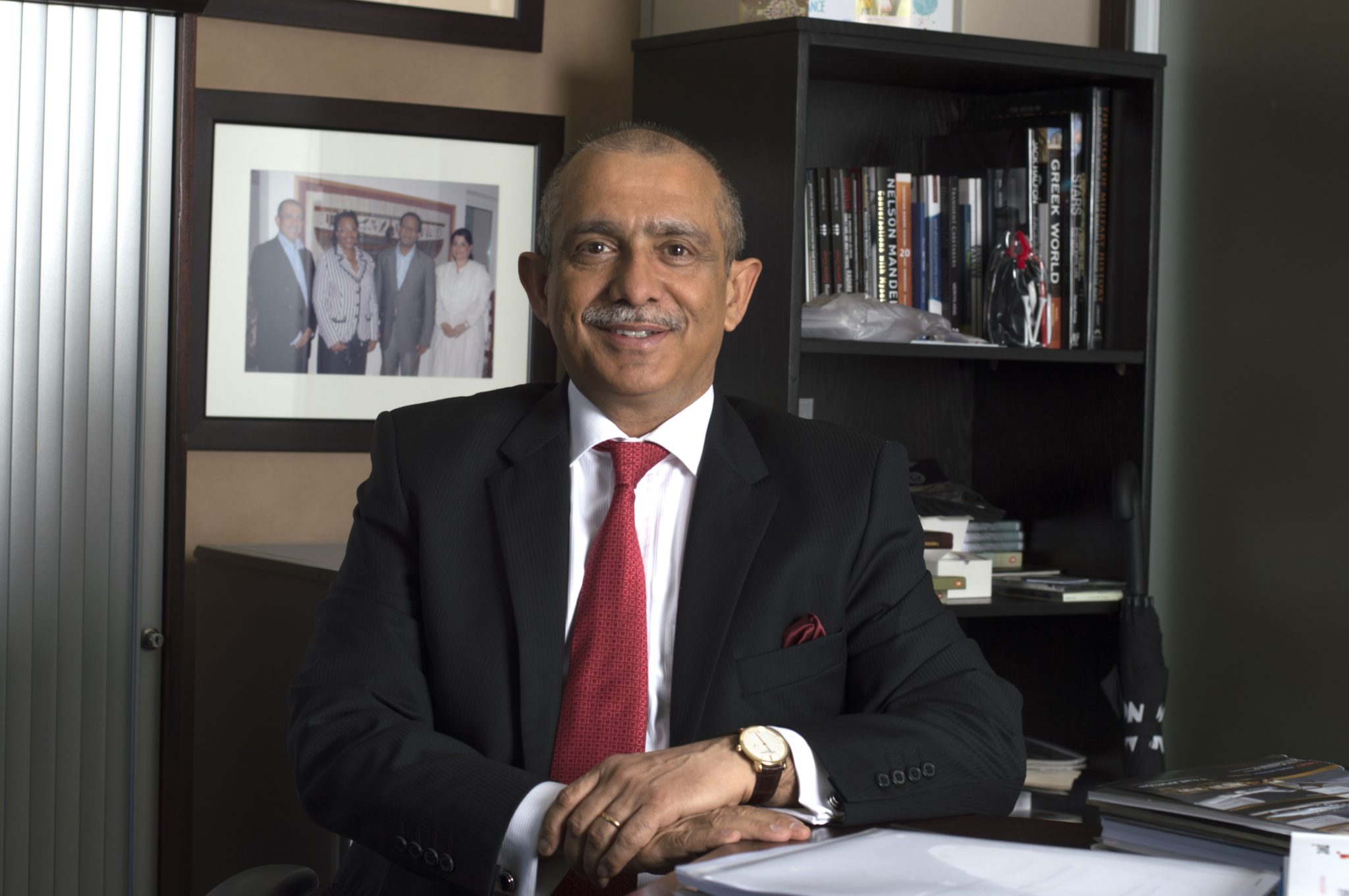I was recently invited as the keynote speaker at a business networking event in New Delhi. The format and outcomes were a refreshing change from the run-of-the-mill talk-shops we have become accustomed to.
The closed group of entrepreneurs from diverse industries had weekly targets of meeting each other and providing contacts to establish meaningful and outcome-driven relationships. In the interactive sessions, they spoke about tangible dollar-based businesses generated from each other. Very refreshing, I thought.
They asked me to share my own journey, first as a military man and then as an entrepreneur. My life changed 38 years ago after a near-death experience in the military at the age of 22.
I was inspired to become proactive and embrace the philosophy of transformation.
My lifelong quest has been to find answers to what drives people to do what they do; why is human behavior so complex and why do people act differently in similar situations.
Loading...
I asked the group to note five expressions that to my mind are the most defining in our lives –Circumstances, Making Choices, People, Opportunity and Change.
As human beings, we are products of our circumstances. In Objectivist Epistemology, Ayn Rand talked about identity. This is derived from our circumstances. We identify things based on individual circumstances.
One can’t judge anyone’s decisions without knowing the complete background of the individual. We often make mistakes when we have a one-sided view or are blindsighted, especially when we sit in judgement.
Societies and/or people have different economic, familial or aspirational considerations on the basis of which they behave in a particular way. Extrapolated, someone living in a developed country will have a very different outlook than someone in a closed or emerging economy.
Circumstances lead us to priorities and the choices we make. At a crossroad, some choose a path that, at times, seems irrational but in reality is the only option the person may have. It reminds me of the story of a farmer who could not buy a horse for his son when it cost him $100 but bought it 10 years later for $10,000; his son was perplexed.
The farmer patiently explained that $100 represented 50% of his earning when he turned it down but 10 years later, $10,000 was just 1% of his earning. Choices are made in the ‘now’.
The next important aspect are the people we come across in life. Those that influence us and then those we influence. Every leader at the end of his/her life recounts those that mentored them and then those that shared their vision and journey. We cannot live in isolation and therefore form inter-dependence with people that form our universe and circle of influence.
Everyone you come across teaches you something, some good and some bad; but it’s the summation of your learning.
My own life has been blessed through some of the greatest interactions with some fantastic human beings. There is no regret as each one added to my life.
People bring with them opportunities which is how we progress; this is true be it national leaders, business leaders or simple human beings trying to find their way in life. When two creative minds come together, there are strains of music that often lead to an orchestra being formed.
There are solutions and ideas that get discussed. Sometimes, these go on to become world-renowned home runs, some just survive while some fail. In reality, they all try for the same outcome – to be successful.
Finally, change is the soul of evolution. There is no growth or progress without change. Our world has been turned on its head as technology has caused disruption to become a way of life. All our processes and activities are being redefined in a world now predicated on what is predictive and what is through emotional intelligence. The real task ahead is to recognize change. This is the first step in introspection as humans live in denial.
READ MORE | Staying With The Narrative Of Change
My son once said; bankruptcy is a Kodak moment. Nothing resonates more than the reality of those that fail to recognize change; destroying value through ego or dogmatic policies is a gong for disaster.
Once the need is identified, the main challenge is to implement and then manage change. We get so used to a comfort zone and accept the status quo and resist change owing to the fear of the unknown. In today’s world however, it’s a lot better to adapt than to perish.
This evolution from circumstances to change is now over shorter periods of time. In the final analysis, it does not matter what the path is, the key to success is in adapting to the needs of the future and making the necessary changes to survive. The alternative will be a mantle in a museum that will talk about the past and the dinosaurs that were left behind.
-By Rakesh Wahi, Founder and Publisher of FORBES AFRICA
Loading...
